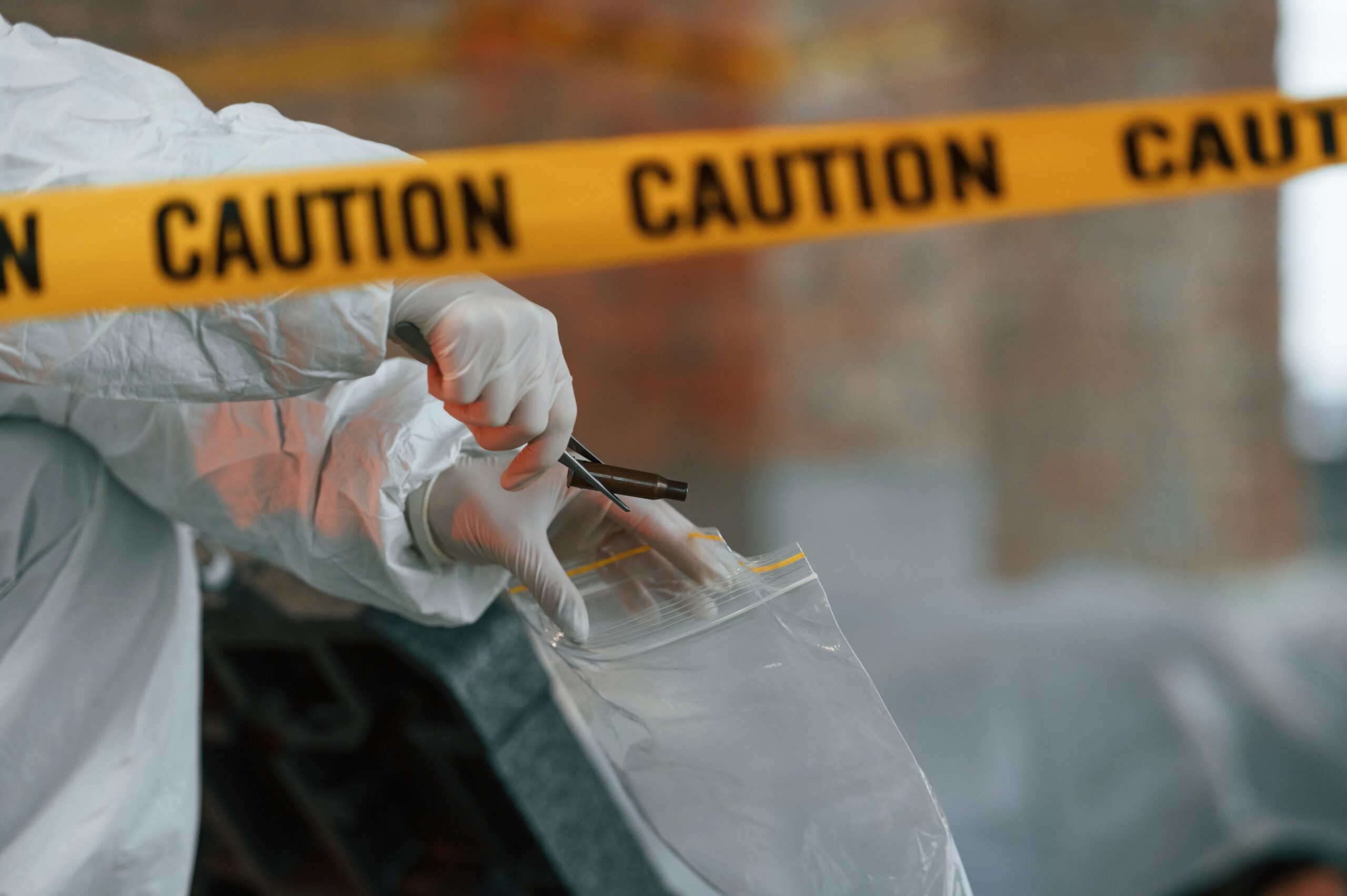Involuntary manslaughter, also called “criminally negligent homicide,” occurs when a person unintentionally causes the death of another individual due to criminal negligence or criminally liable recklessness. The legal system recognizes this offense in Maryland and has established specific laws and consequences to address such cases.
Although Maryland has a statute for manslaughter (MD Crim Law Code § 2-207 (2013)), the statute doesn’t define it because it’s considered a common law crime, meaning it’s created by cases. Therefore, each case will be determined to be either voluntary or involuntary manslaughter.
If you or a loved one are facing involuntary manslaughter charges, knowing the state’s laws and what you’re facing is essential. This article will shed light on the definition of involuntary manslaughter in Maryland and the potential consequences individuals may face if found guilty.
Involuntary Manslaughter in Maryland
Involuntary manslaughter is a serious homicide offense. It involves the killing of another person. This crime is “involuntary” because the perpetrator didn’t intend to cause the victim’s death.
If someone causes the death of another during an illegal act, when they were behaving negligently, or if they weren’t being legally responsible when the death occurred, they may be charged with involuntary manslaughter. For example, if drunk drivers ran a stop sign and killed pedestrians, they could be charged with involuntary manslaughter.
Types of Involuntary Manslaughter
In Maryland, involuntary manslaughter encompasses different types based on circumstances surrounding the offense. Here are the three main types of involuntary manslaughter recognized in Maryland.
- Criminal negligence manslaughter occurs when a person causes the death of another due to a gross deviation from a reasonable standard of care. The defendant’s negligent behavior must be significantly different from what an ordinary person would do in a similar situation, and it must directly result in the victim’s death. This type of involuntary manslaughter involves a lack of intent to cause harm, but the defendant’s reckless or careless actions lead to a tragic outcome.
- Reckless manslaughter refers to causing the death of another person through reckless behavior. In this type of involuntary manslaughter, the defendant demonstrates a conscious disregard for a substantial risk of death or serious bodily harm. The defendant’s actions must go beyond mere negligence and show indifference to the potential consequences. Reckless manslaughter involves acting with knowledge of the risks involved but proceeding with the dangerous behavior regardless, leading to the loss of life.
- Manslaughter during the commission of an unlawful act occurs when a person unintentionally causes the death of another while engaged in an illegal act not amounting to a felony. For this type of involuntary manslaughter, the unlawful act must be inherently dangerous and likely to cause serious harm or death. In addition, the death must be a direct result of the defendant’s participation in the unlawful act, even though they did not have the specific intent to cause harm or take a life.
Potential Consequences
While involuntary manslaughter isn’t as serious a charge as murder, it’s still classified as a felony. The consequences for involuntary manslaughter in Maryland vary based on the case’s circumstances.
If someone is found to be grossly negligent, their penalty will be more severe than those found criminally negligent. The most severe charge is vehicular manslaughter while under the influence of alcohol or drugs, which is classified as a first-degree felony.
The potential penalties may include the following:
- Imprisonment — Involuntary manslaughter is typically classified as a felony in Maryland, punishable by a maximum sentence of 10 years. However, if the defendant acted under the influence of drugs or alcohol, they may face up to 15 years in prison.
- Fines — Alongside imprisonment, a court may impose fines upon conviction. The fine depends on the severity of the offense and can range from several thousand dollars to tens of thousands of dollars.
- Probation — Sometimes, a judge may sentence a defendant to probation instead of imprisonment. During the probationary period, the defendant must adhere to certain conditions, such as regular check-ins with a probation officer, maintaining employment, and refraining from criminal activities.
- Restitution — The court may order the defendant to pay restitution to the victim’s family or dependents to compensate for funeral expenses, medical bills, and other related costs.
Turn to Jeremy Widder Law to Protect Your Rights and Future
Involuntary manslaughter is a serious offense with significant legal consequences in Maryland. If you’re facing manslaughter charges, it’s vital to enlist the services of an experienced criminal defense attorney as soon as possible to begin building a solid criminal defense strategy.
At Jeremy Widder Law, we’ve represented hundreds of clients with criminal charges varying from DUI to murder. We know that being charged with a crime can be overwhelming. And during this time, you need someone who will listen to you and advocate for you. Our team is committed to being by your side from start to finish.
If you’re looking for a criminal defense attorney who will guide you through the legal system and protect your rights and future, we’re ready to help. Contact us today for a free consultation.






